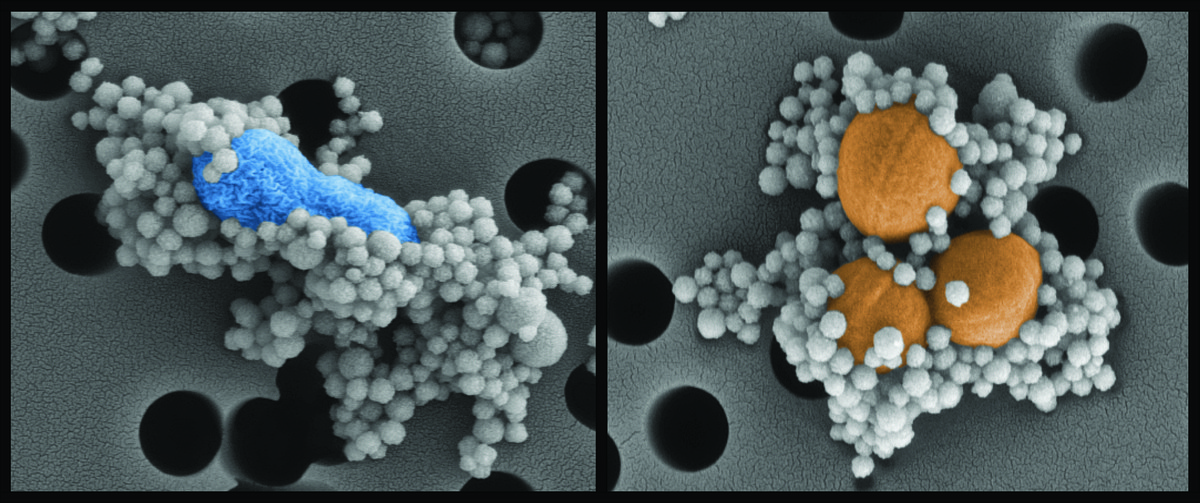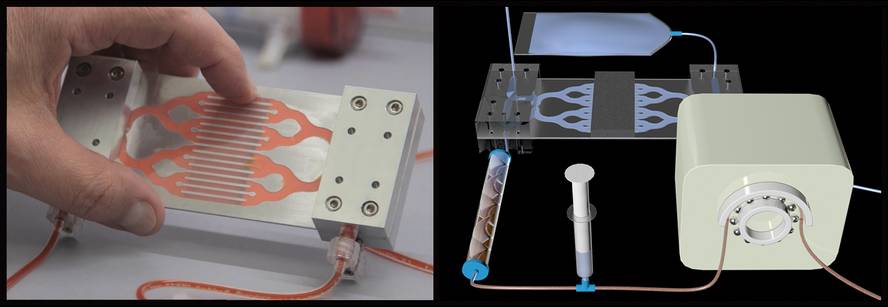Create an artificial spleen that can fight various infections
The device created by the team led by bioengineer Donald Ingber uses a variant of the protein lectin (TFM). The protein mentioned, also present in humans, adheres to the surface sugar molecules of 90 bacteria, fungi and viruses, as well as toxins released by dead bacteria that can cause septicemia. Consequently, the new instrument can not only cope with infections, but can prevent the formation of a septicemia that can be much more serious.
In half of cases of septicemia, doctors cannot make a thorough diagnosis. In these cases, broad spectrum antibiotics are used to fight infection, but good results are not always obtained.
The artificial spleen uses magnetic nanospecimens collected with MBL proteins. By filtering blood through the device, protein-coated magnetic nanounits stick to the surface of most possible pathogens in the blood. Magnetic nanounits and pathogens that are attached are removed from the blood by a magnet. Subsequently, the cleaned blood is brought back into the body.
To test the device, researchers contaminated rats with E.coli and S. aureus. The artificial spleen was then used to filter the blood of rats. In five hours, 89% of the rats that cleaned the blood were still alive, while only 14% of the contaminated and untreated rats were alive.
The artificial spleen managed to clean 90% of the bacteria from the blood of rats. The organs of these rats were also not enlarged as those of untreated rats. According to the researchers, this shows that it reduces the possibility of developing septicemia.

The device was not tested only with rats. Researchers also cleaned five liters of human blood through the artificial spleen. The blood contaminated with bacteria and fungi was cleaned at a rate of one liter per hour and, after five hours, the spleen removed most pathogens from the blood.
Donald Ingber, researcher who leads the research team, explained that, after controlling the infection through the device, it is possible that the immune systems and antibiotics of patients dominate infections. The capacity of the biobar in pigs is currently being tested.







